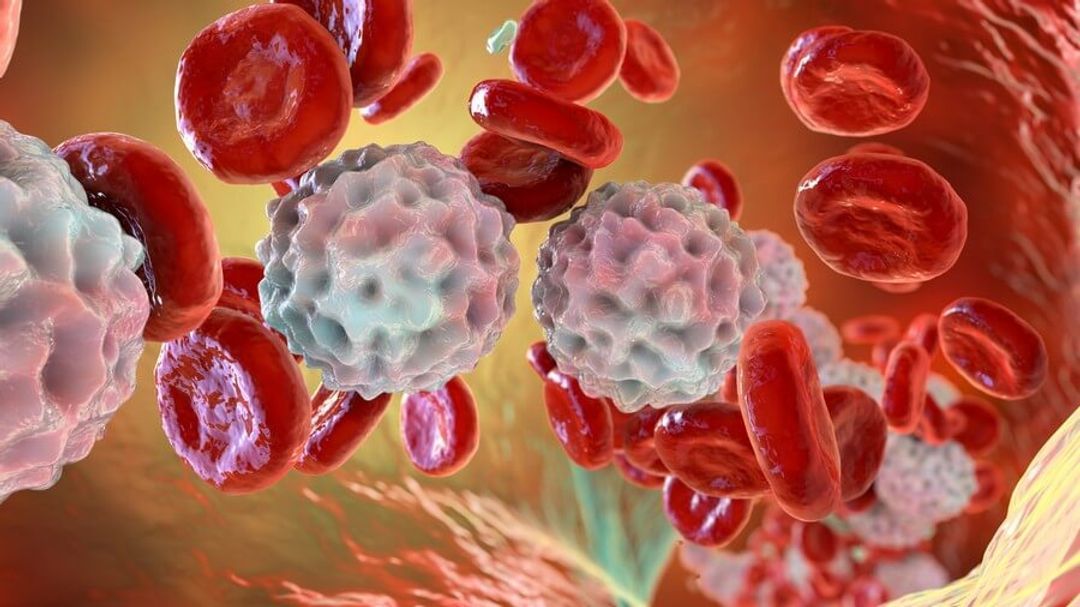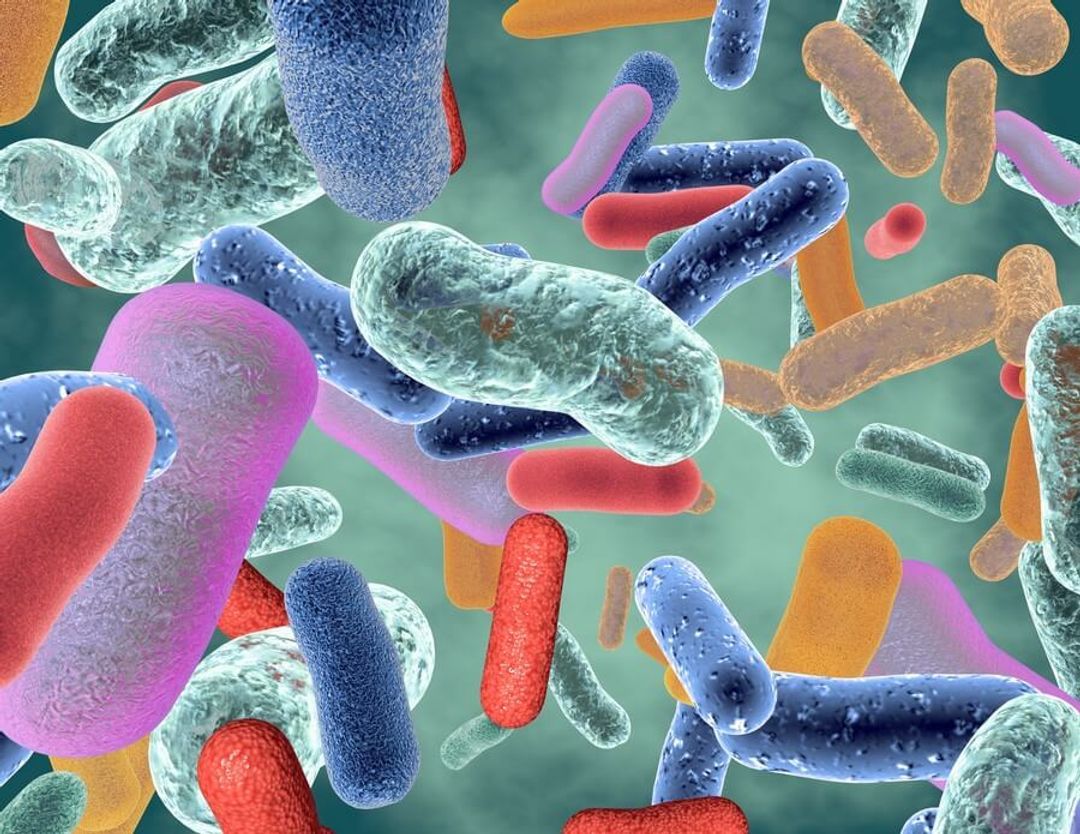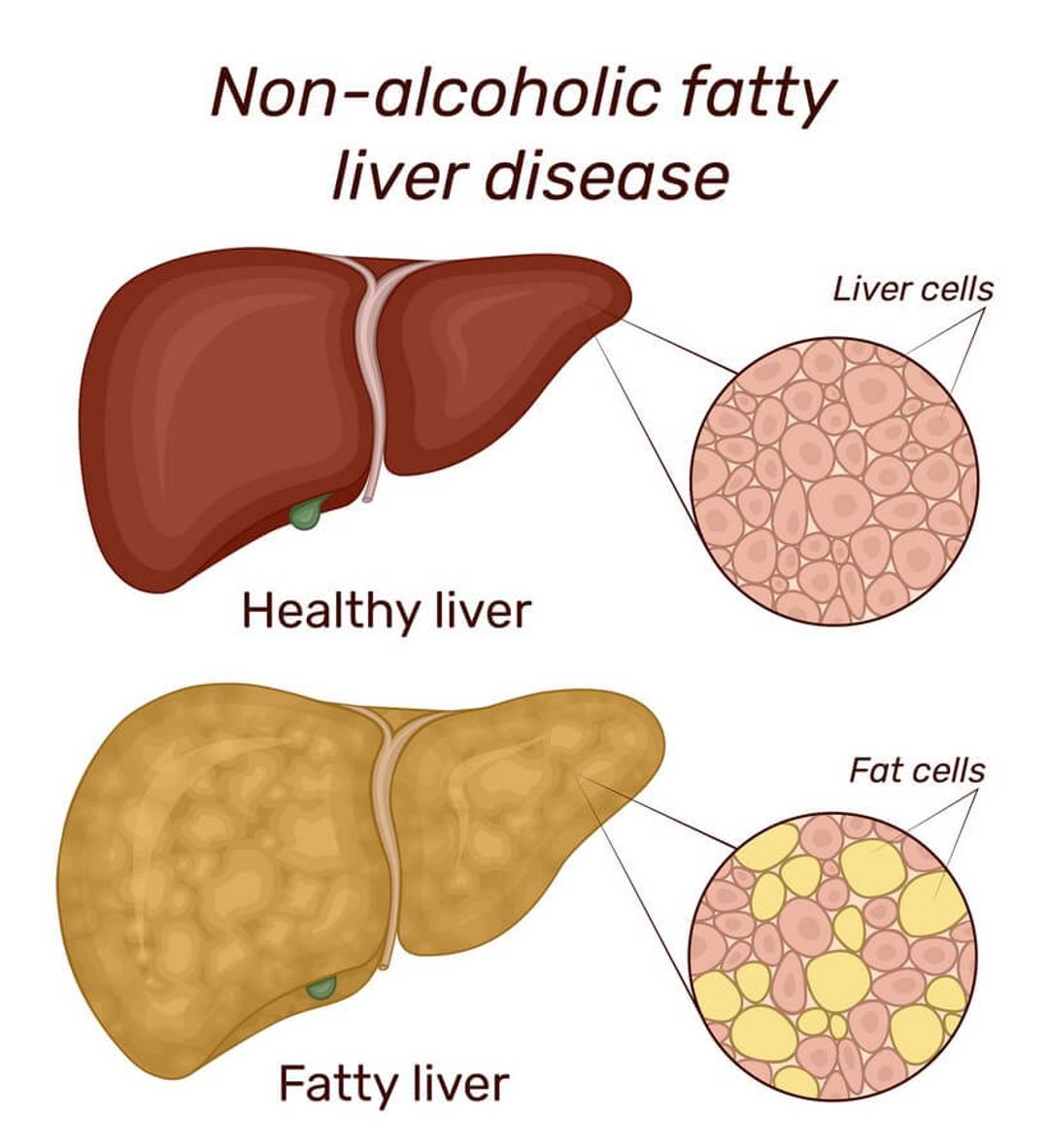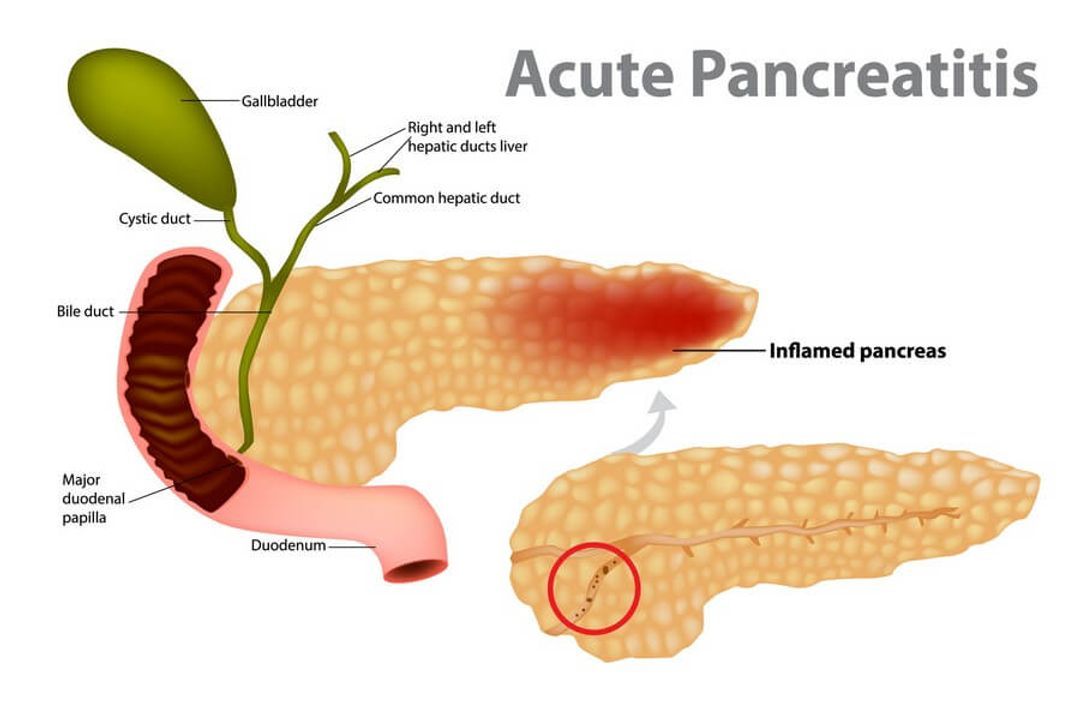Does Alcohol Cause Inflammation? Here’s What You Need To Know
Does drinking alcohol cause inflammation? How does alcohol make inflammation worse? Here’s what you should know about alcohol and inflammation.
If you’re partial to a pint of beer or a glass of wine after a long day’s work or to enjoy your weekend sessions, you may be wondering what the effect of all that alcohol is having on your health. Does it have benefits, or is it doing more harm than good? The link between alcohol and inflammation isn’t as straightforward as you may think.
Alcohol, a widely consumed substance globally, has been linked to both beneficial and detrimental effects on inflammation, depending on the pattern and level of consumption, among other factors.
Learning about the connection between inflammation and alcohol can help you better understand the root cause of your ailments and empower you to make lifestyle changes necessary for optimal health.
This article discusses the relationship between alcohol and inflammation in the body, including the factors that influence this relationship and the potential health implications.
What Is Inflammation?
Inflammation is the body’s natural response to injury or infection. It is a complex biological response that involves the activation of the immune system, the release of various chemical messengers, and the influx of immune cells to the affected area.
 The purpose of inflammation is to protect the body by removing harmful stimuli, such as damaged cells, irritants, or pathogens, and to initiate the healing process. Inflammation can be acute or chronic, depending on the duration and severity of the injury or infection.
The purpose of inflammation is to protect the body by removing harmful stimuli, such as damaged cells, irritants, or pathogens, and to initiate the healing process. Inflammation can be acute or chronic, depending on the duration and severity of the injury or infection.
Acute inflammation is a short-term immune response necessary for facilitating healing and restoring the body to a healthy state. It typically lasts a few days and is characterised by redness, heat, swelling, pain, and loss of function.
On the other hand, chronic inflammation is a long-term immune response that can last for several weeks, months, or even years. This overactivation of the immune system causes it to attack healthy cells and organs and is associated with various diseases, such as arthritis, diabetes, cardiovascular disease, and cancer.
|
Acute Inflammation |
Chronic Inflammation |
|
Short-term response to injury or infection |
Long-term, persistent inflammatory response |
|
Typically lasts a few hours to several days |
Can last for months or even years |
|
Characterised by redness, swelling, heat, and pain at the affected site |
Often a result of unresolved acute inflammation or continuous exposure to irritants |
|
Generally beneficial and necessary for healing and tissue repair |
Can lead to tissue damage and the development of various chronic diseases |
|
Involves increased blood flow, release of immune cells, and production of inflammatory mediators |
Involves a complex interplay of immune cells and inflammatory mediators |
|
Common causes include cuts, burns, infections, and physical trauma |
Common causes include autoimmune disorders, long-term infections, obesity, smoking, and chronic stress |
Why Does Alcohol Cause Inflammation?
When consumed in moderation, alcohol may not cause significant inflammation. Moreover, research suggests that red wine can have anti-inflammatory properties. However, excessive consumption can lead to inflammation in various parts of the body. Heavy alcohol use can cause inflammation by:
 Disrupting gut barrier function: Excessive alcohol consumption can damage the lining of the gut, leading to increased permeability and allowing bacteria and toxins to enter the bloodstream.
Disrupting gut barrier function: Excessive alcohol consumption can damage the lining of the gut, leading to increased permeability and allowing bacteria and toxins to enter the bloodstream. - Promoting gut dysbiosis: Alcohol disrupts the balance between the ‘good’ and ‘bad’ bacteria in the gut, also known as dysbiosis. The overgrowth of ‘bad’ bacteria causes an increase in bacterial waste products (endotoxins), activating proteins and cells that worsen inflammation.
- Producing toxic byproducts: When alcohol is metabolised by the body, it causes oxidative stress and produces harmful substances, such as acetaldehyde, which can result in tissue damage.
- Affecting liver function: Chronic alcohol consumption can lead to alcoholic liver disease, which is characterised by inflammation, fat accumulation, and eventually, cirrhosis or liver failure.
- Contributing to obesity: Excessive alcohol intake can contribute to weight gain, which is associated with increased low-grade inflammation in the body.
- Impacting immune system function: Chronic alcohol consumption can impair the immune system, suppressing cells that are essential to a healthy immune response and leading to a dysregulated inflammatory attack on harmful bacteria.
It is important to note that individual responses to alcohol can vary, and some people may be more susceptible to alcohol-induced inflammation than others. If you are concerned about the effects of alcohol on your health, consult with a healthcare professional.
The Health Effects Of Inflammation From Alcohol
Alcohol can have various effects on the body, depending on the amount consumed and individual factors such as age, sex, weight, genetics, preexisting health state, and tolerance.
Here is an overview of some of the effects alcohol has on various organs and bodily functions:
-
 Central Nervous System (CNS): Alcohol acts as a depressant on the CNS, impairing cognitive functions, coordination, speech, and reaction time. In the short term, this can lead to poor decision-making, increased risk of accidents, and impaired memory. Hence, chronic alcohol use can lead to more severe neurological damage and cognitive decline.
Central Nervous System (CNS): Alcohol acts as a depressant on the CNS, impairing cognitive functions, coordination, speech, and reaction time. In the short term, this can lead to poor decision-making, increased risk of accidents, and impaired memory. Hence, chronic alcohol use can lead to more severe neurological damage and cognitive decline. -
Liver: The liver is responsible for metabolising alcohol, but excessive consumption can lead to liver damage. Acute alcohol intake can cause fatty liver disease, while chronic use can result in more severe conditions such as alcoholic hepatitis, cirrhosis, and liver cancer.
-
Digestive System: Alcohol can irritate the stomach and intestinal lining, leading to inflammation, ulcers, and increased acid production. It can also impair nutrient absorption, leading to malnutrition. Long-term excessive alcohol consumption has been associated with an increased risk of various gastrointestinal cancers, including those of the mouth, throat, oesophagus, and colon.
-
Cardiovascular System: While moderate alcohol consumption might have some protective effects on the heart, excessive intake can have detrimental effects on the cardiovascular system. Heavy drinking can lead to hypertension, cardiomyopathy, arrhythmias, and an increased risk of stroke and heart attack.
-
 Pancreas: Alcohol can cause inflammation of the pancreas, known as pancreatitis, which can be acute or chronic. Chronic pancreatitis can lead to digestive problems and an increased risk of pancreatic cancer.
Pancreas: Alcohol can cause inflammation of the pancreas, known as pancreatitis, which can be acute or chronic. Chronic pancreatitis can lead to digestive problems and an increased risk of pancreatic cancer. -
Immune System: Alcohol consumption can weaken the immune system, making the body more vulnerable to infections and impairing its ability to recover from illnesses and injuries.
-
Endocrine System: Alcohol can disrupt hormone production and regulation, leading to problems such as sexual dysfunction, menstrual irregularities, and fertility issues.
-
Mental Health: Alcohol consumption can exacerbate existing mental health problems, including anxiety and depression, and contribute to the development of new mental health disorders. Alcohol dependence can also lead to social and psychological problems, including relationship issues and difficulties with employment, spurring a vicious cycle of poor mental health.
-
Weight Gain and Metabolism: Alcohol is calorie-dense, and excessive consumption can lead to weight gain and metabolic issues. Alcohol can also impair the body's ability to metabolise fat, contributing to obesity and related health problems.
-
Cancer Risk: Long-term alcohol use has been associated with an increased risk of developing several types of cancer, including those of the mouth, throat, oesophagus, liver, breast, and colon.
Does Alcohol Reduce Inflammation?
Some studies suggest that moderate alcohol consumption, particularly red wine, may have anti-inflammatory effects and lower the risk of heart disease. This is mainly attributed to the presence of polyphenolic compounds, such as resveratrol, which have antioxidant and anti-inflammatory properties [1].
 Moderate alcohol consumption may also increase the levels of high-density lipoprotein (HDL) cholesterol, often referred to as "good" cholesterol, which can help protect against inflammation and cardiovascular disease [2].
Moderate alcohol consumption may also increase the levels of high-density lipoprotein (HDL) cholesterol, often referred to as "good" cholesterol, which can help protect against inflammation and cardiovascular disease [2].
According to a few other studies, drinking alcohol in moderate amounts could potentially reduce the risk of developing rheumatoid arthritis by reducing biomarkers of inflammation, including c-reactive protein (CRP), interleukin-6, and TNF-alpha receptor 2 [3].
Given its anti-inflammatory effects, many people often overestimate the amount of alcohol they can consume to obtain its benefits. Experts recommend drinking no more than five to ten grams of alcohol per day, which works out to one drink per day [4].
It's important to note that research on the effects of alcohol on inflammation is complex and sometimes contradictory [5]. The relationship between alcohol consumption and inflammation can also vary between individuals, as highlighted earlier.
Consult a healthcare professional for personalised advice regarding alcohol consumption and its potential impact on your health.
How To Get Rid Of Inflammation From Alcohol?
Alcohol causes inflammation in the body, particularly in the liver and other organs. Here are some tips to help reduce inflammation from alcohol:
-
 Drink in moderation: Limit your alcohol intake to no more than one drink per day for women and no more than two drinks per day for men.
Drink in moderation: Limit your alcohol intake to no more than one drink per day for women and no more than two drinks per day for men. -
Stay hydrated: Alcohol can dehydrate you, so be sure to drink plenty of water to keep your body hydrated. As a rule of thumb, most adults need between 1.5 and 2 litres of fluid per day.
-
Eat anti-inflammatory foods: Incorporate foods into your diet that are rich in anti-inflammatory nutrients, such as omega-3 fatty acids, antioxidants, and fibre. Examples include fatty fish, leafy greens, berries, nuts, and seeds.
-
Take anti-inflammatory supplements: Certain supplements, such as curcumin (found in turmeric), omega-3 fatty acids, and vitamin D, can help reduce inflammation in the body.
-
Get enough rest: Lack of sleep is associated with higher inflammatory markers, while good quality sleep helps reduce inflammation. Healthy adults need around seven to nine hours of quality sleep each night. Ensure you're getting enough rest by adopting a consistent sleeping pattern and healthy nighttime routine.
-
 Exercise regularly: Exercise can help reduce inflammatory markers in the body and boost your overall health. Aim for at least 150 minutes of moderately intense physical activity each week.
Exercise regularly: Exercise can help reduce inflammatory markers in the body and boost your overall health. Aim for at least 150 minutes of moderately intense physical activity each week. -
Manage your stress levels: Acute and chronic stress is associated with increased inflammatory activity. Stress-reducing activities such as meditation, yoga, walking in nature, and journaling can help reduce inflammation.
-
Seek medical advice: If you're experiencing persistent inflammation or other health concerns related to alcohol use, seek medical advice from a healthcare professional.
Take Care Of Your Health with GlycanAge
Several factors can influence the relationship between alcohol and inflammation, including:
- The amount and pattern of alcohol consumption
- Genetic factors
- Individual differences in alcohol metabolism
- Lifestyle factors such as diet and exercise
The relationship between alcohol and inflammation is multifaceted. While moderate alcohol consumption may have some anti-inflammatory effects, heavy alcohol consumption can increase inflammation and various health problems.
 To maintain overall health, it is essential to follow guidelines for responsible alcohol consumption and adopt a balanced lifestyle with proper nutrition and regular physical activity.
To maintain overall health, it is essential to follow guidelines for responsible alcohol consumption and adopt a balanced lifestyle with proper nutrition and regular physical activity.
The extent of chronic inflammation within your system is directly linked to lifestyle choices. GlycanAge measures the extent of this chronic inflammation and thus determines your biological age (the true age of your cells, tissues, and organs). This vital information can empower you to make appropriate changes to your lifestyle to reverse inflammation and reduce your biological age over time.
A single test is recommended if you are beginning your wellness journey and want to discover your biological age. However, if you want to measure how effectively your health has improved and how much you’ve reversed your biological age in response to lifestyle interventions over a period of time, then two tests would be more suitable. A custom plan is best for biohackers or those invested in improving their health in the long term.
Affordable payment plans are available as part of each package. You’ll also receive a complimentary one-to-one consultation with a health scientist and/or a qualified healthcare professional to help you understand your results and devise a personalised action plan to help delay and reverse the ageing process.
If you’re ready to take control of your health, order your GlycanAge biological age test today.
References
https://pubmed.ncbi.nlm.nih.gov/26099843/
https://pubmed.ncbi.nlm.nih.gov/22999066/
https://www.webmd.com/rheumatoid-arthritis/alcohol-affects-rheumatoid-arthritis
https://www.bbc.com/future/article/20191021-is-wine-good-for-you
https://informahealthcare.com/doi/abs/10.1080/16066350500497983


